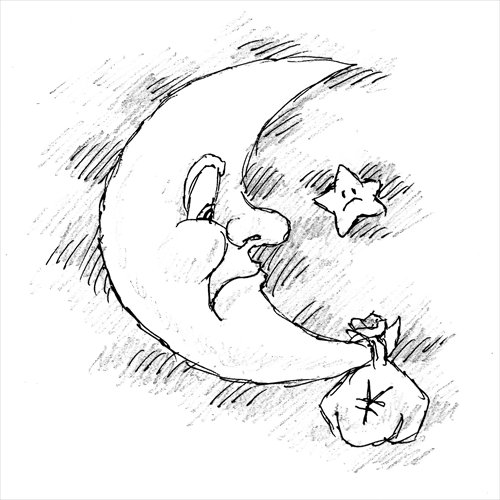

 |
| Illustration: Peter C. Espina/GT |
In China, the mobile messaging app WeChat is so widely used that few people can stand not checking their phones every several minutes to see if there's any update. However, while WeChat is supposed to be a platform for families and friends to bond with each other by sharing their life and thoughts, it sometimes turns annoying since the app has often been flooded by varied forms of rumors and fake information.
A friend of mine was recently distressed by her mother's obsession with "finding the truth about health" on WeChat. After learning to use the app, her mother frequently reposted all kinds of unverified messages, mostly about health, such as at which times one should supposedly not drink water and which kind of food can not go with other kinds. But when she did exactly as the posts advised, she felt that the advice was often contradictory and not helpful at all.
According to the Beijing Times, researchers at Sun Yat-sen University in Guangdong Province recently analyzed 100 rumors on WeChat that drew the most complaints. They found that more than half of them were rumors about health, followed by other concerns like illness, money, safety and politics, and about 30 percent used cancer to draw more attention. Similar research by the university in November found personal safety was the topic of the most rumors, followed by food safety.
In these rumors, daily staples such as eggs suddenly become poisonous and lethal and people can easily be confused about what they can eat and use. Some rumors distribute fake information under the guise of experts and institutes in foreign countries, which appears to be science-based and convincing and can hardly be verified by individuals.
Health rumors' popularity understandably stems from a deep concern for health and anxiety for food safety. While young people have access to multiple channels to verify the information, the middle-aged and particularly old people often unthinkingly trust whatever they read on WeChat.
Unfortunately it is not just researchers that have noticed the popularity of rumors. Some businesses try to use them as advertisements for their products and create WeChat accounts to lure in large numbers of fans. According to reports, a WeChat account with 100,000 fans can earn between 2,000 yuan ($312) to 10,000 yuan by posting health-related advertisement.
It is pity that rumors come out more quickly and intensively than reactions to refute them. Certainly the watchdogs need to enhance their supervision of WeChat so that rumors can be refuted in a timely manner and whoever responsible has to pay a higher cost for faking information. Meanwhile, in an era where information is available at hand in such large volumes, people really need to be vigilant about what they see and give more thoughts to messages before conveniently reposting them.
 'Enemy planes' intercepted by Hongqi-7B air-defense missiles
'Enemy planes' intercepted by Hongqi-7B air-defense missiles Blind date with bikini girls in Nanjing
Blind date with bikini girls in Nanjing Amazing photos of Chinese fighter jets
Amazing photos of Chinese fighter jets Chinese soldiers participate in training for V-Day parade
Chinese soldiers participate in training for V-Day parade Painting: Lonely women in Forbidden City
Painting: Lonely women in Forbidden City China and Russia hold joint drill in Sea of Japan
China and Russia hold joint drill in Sea of Japan 'Goddess' in Taiwan McDonald's
'Goddess' in Taiwan McDonald's Female soldiers at military parades
Female soldiers at military parades Photos of campus belle doing splits go viral
Photos of campus belle doing splits go viral Going down again
Going down again Trump’s war of words needn’t be one way
Trump’s war of words needn’t be one way WWII photos blended seamlessly into modern-day Berlin
WWII photos blended seamlessly into modern-day Berlin Tianjin residents struggle to return to normality after disaster
Tianjin residents struggle to return to normality after disasterDay|Week